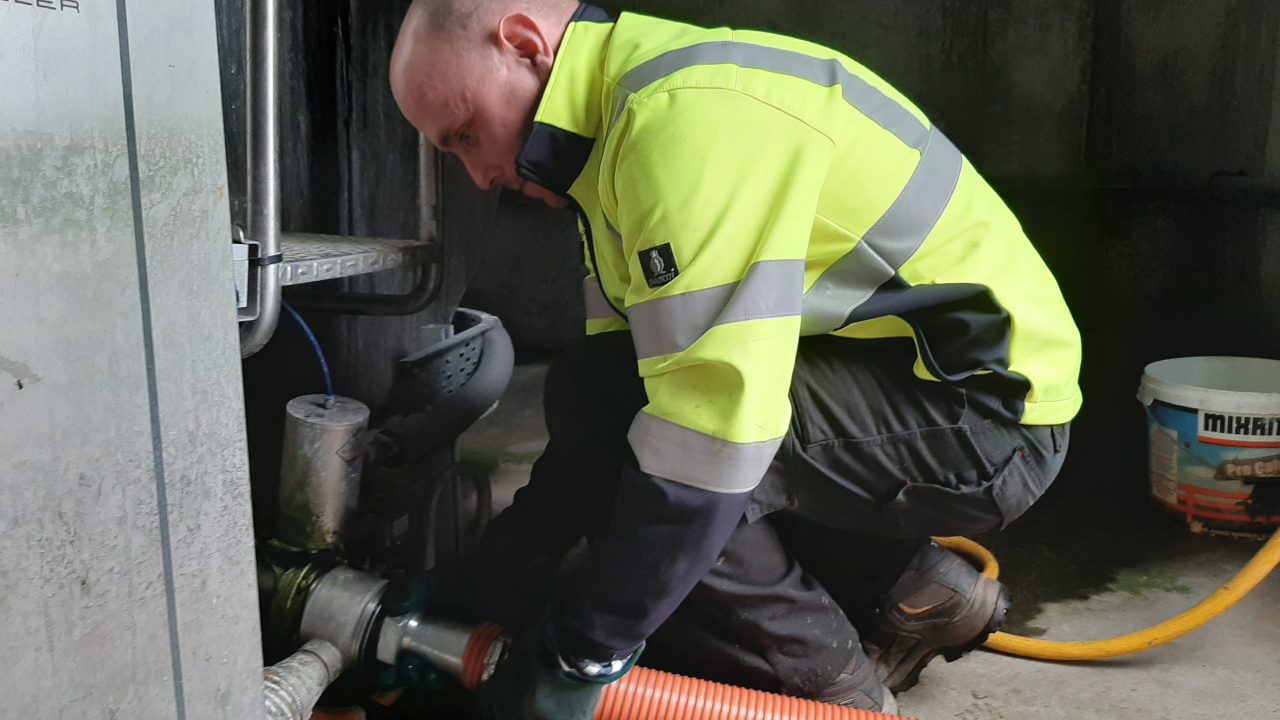Additional reporting by Claire Mc Cormack
The Irish dairy industry is bracing itself for the “probability” of processing lines going down due to the spread of Covid-19, based on comparative data from the Health Service Executive (HSE).
This unsettling projection emerged following talks between the HSE and Dairy Industry Ireland (DII) this week.
This outlook is also compounded by concern that peak Covid-19 infection cases could overlap with peak milk production countrywide over the coming weeks – a situation that could potentially create significant challenges for the industry in terms of its ability to process all milk sent in by farmers.
‘Probability’
Speaking to AgriLand, DII director Conor Mulvihill said: “We have met the HSE, we’ve taken its models; we’ve put the absenteeism rates across our businesses.
If the HSE is right, and we have to trust the HSE here, that means that lines go down. It’s not a risk – it’s a probability. We would be remiss not to communicate that.
Continuing, he added: “We don’t want to be in that position at all; we’re not there to scare farmers but if milk isn’t picked up in two months’ time or in six weeks’ time, we’d be remiss.”
The dairy industry will face significant challenges heading into peak production, with the risk of mechanical failure always present, the director said.
However, with the challenge of potential absenteeism on top of this, and the “moving target” that is determining when exactly peak will land – be it in any week in May or the start of June, depending on weather – an extra pressure is added.
‘Moving heaven and earth’
Mulvihill stressed that DII is doing everything in its power – “moving heaven and earth” – to avoid a scenario of milk not being processed.
- Bringing people out of retirement;
- Talking to the specialised nutrition people to see can they take milk in an emergency;
- Talking to Northern Irish processors to see if they can take milk in an emergency;
- Talking to UK processors to see if they can take milk in an emergency;
- Inquiring about expediting tests of suspected cases in milk processing facilities, so if they come back clear they can return to work straight away.
“We’re moving heaven and earth from that perspective,” Mulvihill added.
However, the anticipated risks make for grim reading.
In the event of the wrong facility going down, milk might not be on shelves, the director warned.
If a liquid milk plant goes down…I know it’s all ingredients, but we are at the stage where we can no longer guarantee the food supply chain.
“It’s all about collaboration with farmers, hauliers and staff. We’re not there to scare everyone, but we have to take cognisance of the HSE modelling.
“And also realise Covid-19 peak coincides with dairy peak. We genuinely want to process every drop, but we’re remiss if we’re not honest.”
Highlighting that “these are unprecedented times”, Mulvihill warned:
The cooperative movement and the dairy processing industry has been in Ireland for 125 years; we’ve never seen a challenge like this.
“But we will get over th. We will move heaven and earth to process every drop of milk – but we have to be honest with people.”
